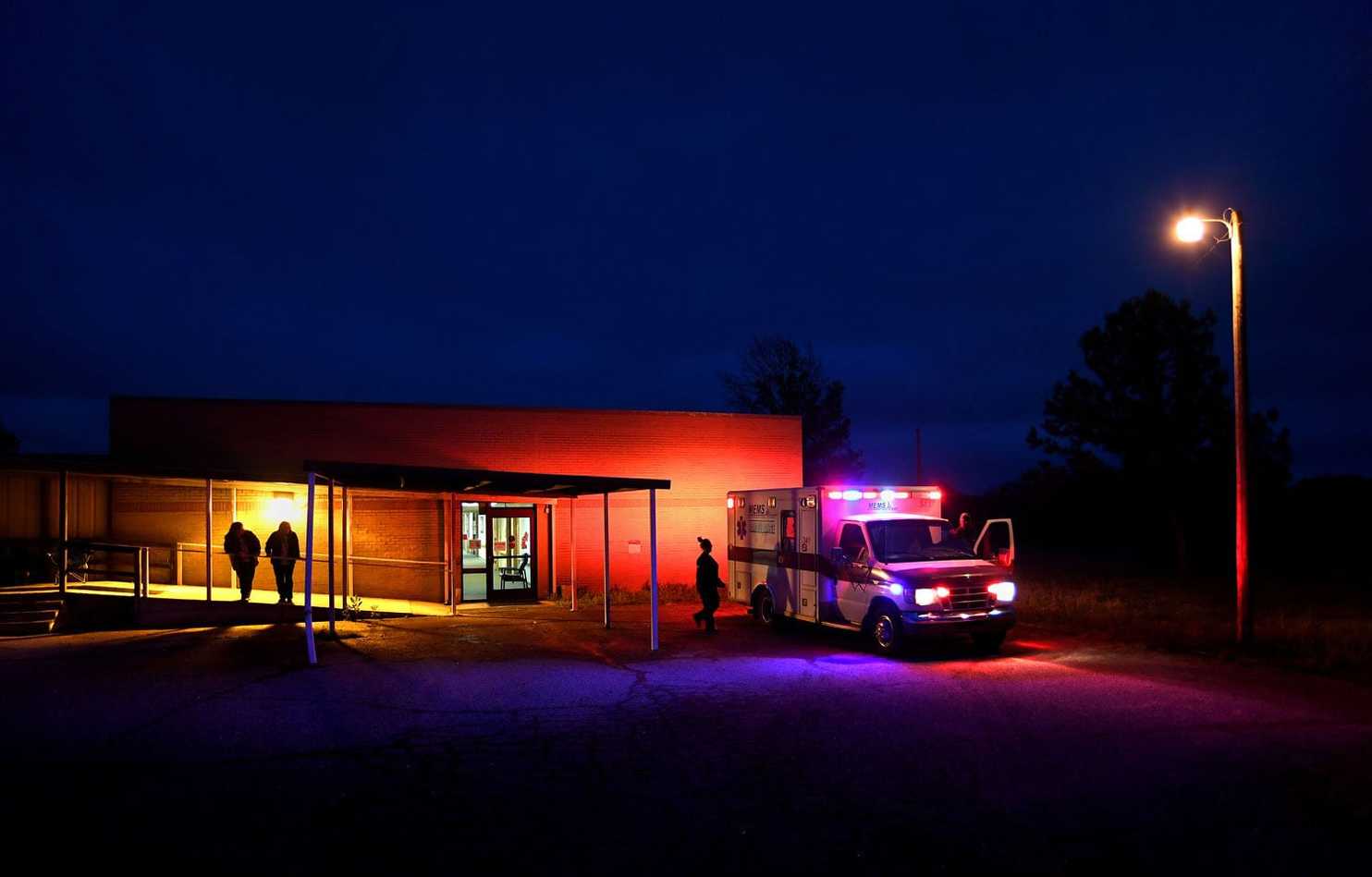This is a sad and beautifully written portrait of a hospital in rural Oklahoma shutting down, perhaps to be re-opened, but probably for good. It is, of course, implicitly a story about the fight over Medicaid expansion–but leave politics aside, if you can, and instead follow the story it tells of rural poverty through the eyes of health care providers. The volunteers who keep a hospital going, because it was where they were born and where their parents spent their final hours. The multi-generational ties which connected this town’s hospital to a once flourishing rural world, and which have most fallen apart as the extractive economy could no longer profit from local farms and oil fields and hence moved on. The elderly doctor, writing prescriptions out of his pickup truck. The family breakdowns, the drug use, the farming accidents, and above all, the way so many fight so hard against age and weariness to keep their community healthy and alive. This is a great and tragic story, much worth reading.

“Who’s going to take care of these people?”
This is a sad and beautifully written portrait of a hospital in rural Oklahoma shutting down, perhaps to be re-opened, but probably for good. It is, of course, implicitly a story about…





2 comments
Brian
An article from yesterday from NPR on this topic:
https://www.npr.org/sections/health-shots/2019/05/21/725118232/the-struggle-to-hire-and-keep-doctors-in-rural-areas-means-patients-go-without-c
We all bring our biases to these stories, but it’s beyond me how giving poor Americans a bit more money for health care (at what seem to be universally acknowledged as “below market” prices) is going to address any of the relevant issues.
My inclination is to ask why doesn’t America produce small entrepreneurs the same way it did a few generations ago? Besides the small town doctors, where are all the small town shop owners? It’s all a similar question, I think. And there may be answers that say it’s fairly unavoidable economic evolution, and there may be answers that the government has done stupid things that it needs to stop doing, and there may be answers that the government needs to start doing to “help.”
Also, Fairfax, OK and Arthur, NE are clearly extreme cases where yes, you are going to have to travel relatively large distances for many services if you choose to live there.
Olivier
The photograph is stunning. At first I thought it was a pastiche of Hoppe; only later did I realize it is a photograph.
Comments are closed.